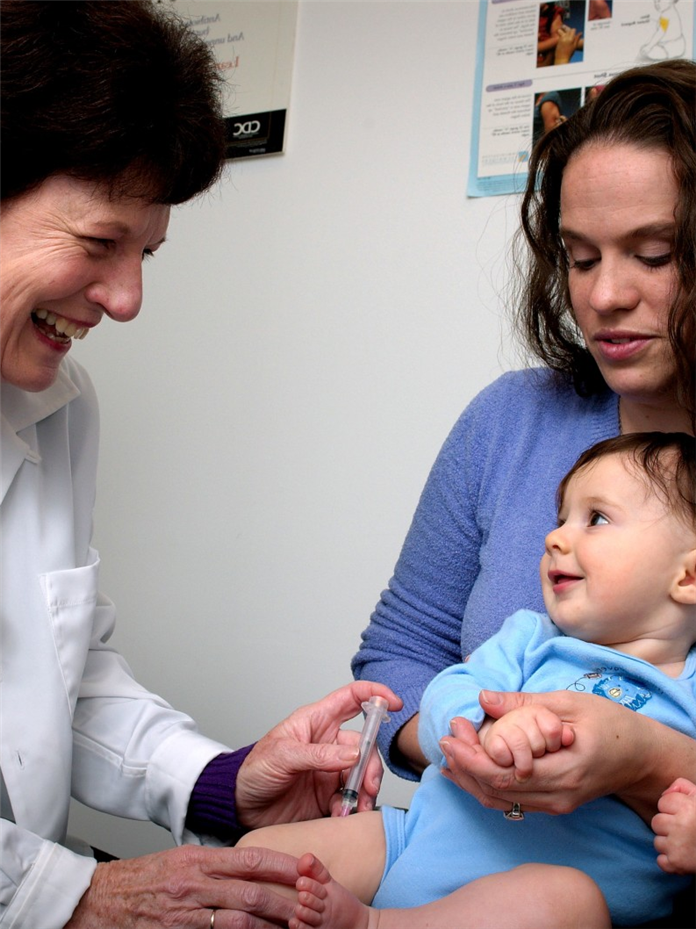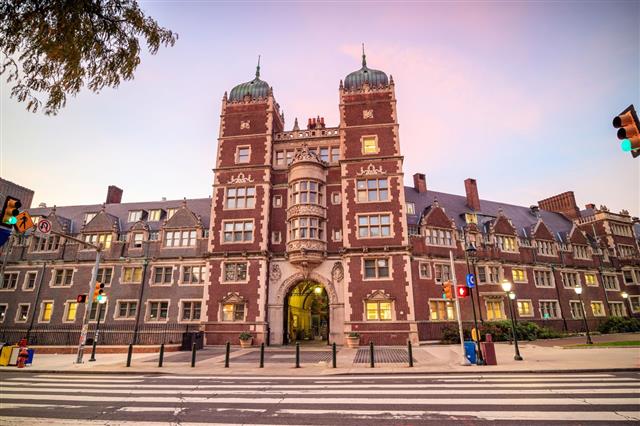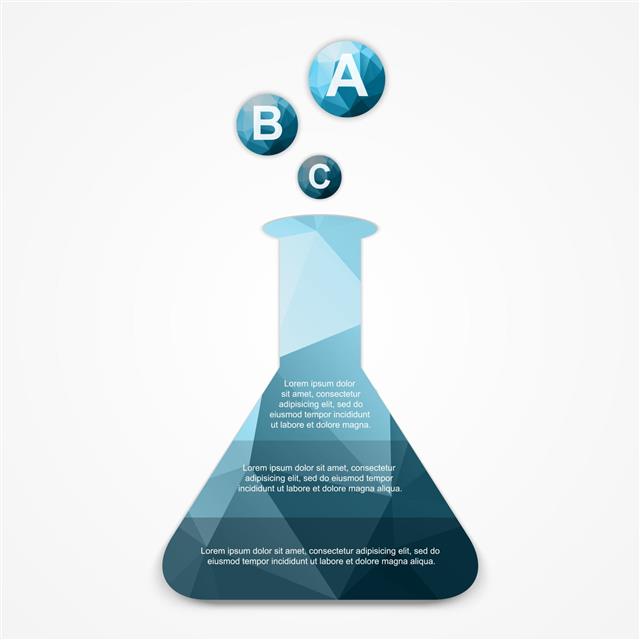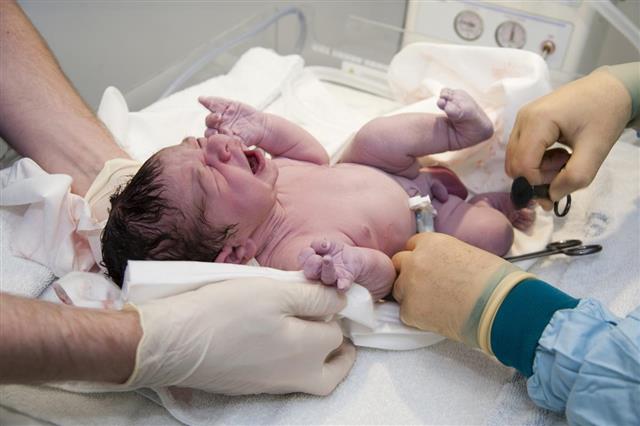Becoming a pediatrician takes around 11 years of education. You need to complete your undergraduate school, medical school, and residency. Let us take a thorough look at the requirements for becoming a pediatrician.

Tap to Read ➤
Pediatrician Education Requirements
Madhurjya Bhattacharyya


Becoming a pediatrician takes around 11 years of education. You need to complete your undergraduate school, medical school, and residency. Let us take a thorough look at the requirements for becoming a pediatrician.
Becoming a pediatrician takes around 11 years of education. You need to complete your undergraduate school, medical school, and residency. Let us take a thorough look at the requirements for becoming a pediatrician.

A pediatrician is a medical professional who supervises the well-being of children. Pediatricians assist in the treatment of ailments in children and help parents in taking their proper care. A career as a pediatrician is rewarding and the job outlook for this field of work is also positive.

To become a pediatrician, one needs to complete the following programs -
- 4 year undergraduate college degree.
- 4 years of medical school.
- 3 years of residency.

Becoming a Pediatrician
Undergraduate Degree

After finishing high school, you need to enroll in a college or a university to earn a Bachelor's degree. You can choose any course, but most students prefer to take a pre-med curriculum as it helps them to prepare for medical school in a better way.

To become eligible for getting admission in a medical school, students need to complete the basic science courses of biology, chemistry, physics, and math.

The real challenge is to pass the Medical College Admission Test (MCAT), based on which, one gains entry into a medical college. It is one of the most competitive examinations and students start preparing for it from as early as their junior years.

Medical School
A good MCAT score doesn't guarantee admission in a medical school. You must apply to American Medical College Application Service (AMCAS) and prove that you really have it in you to become a pediatrician. You need recommendations from your professors/employers. Candidates also need to appear for an interview which plays a crucial role in their selection.

On selection, you need to enroll in a medical college where you learn about healthcare practices and medicines in detail. Medical courses like biochemistry, pathology, medical ethics, psychology and anatomy are some of the subjects which are taught in the medical school. On completion, you earn a Doctor of Osteopathy (D.O) or Doctor of Medicine (M.D) degree.

Residency Program and Licensing
Once you graduate from a medical school, you have to go through residency training in a hospital, which is for a duration of three years. During the course of this program, residents practice the skills acquired during the course of four-year medical college program.

They learn from experienced pediatricians and try to gain as much practical knowledge as possible.

Once you have completed this phase, you need to obtain a license which allows you to practice in any state in US. Moreover, you also need to apply for a certification from the American Board of Pediatrics. Once you receive a license, you are eligible to practice and prescribe medicines to patients.

You can opt to be a specialist in pediatric surgery or some specific medical conditions which affect children. If you go for a specialization you have to undergo additional training after you complete your residency, which may take another three years.

Becoming a pediatrician takes a number of years of hard work and dedication. Most students accumulate debts by the time they are in their residency programs. However, all the struggle pays off eventually as pediatricians are highly sought after and their remuneration is also among the best.

The average salary of a pediatrician is around US $146,600, which means that most pediatricians are able to enjoy a financially stable life. If you plan to embark on this career, it is important to prepare yourself mentally, physically, and financially, so that this long journey is a smooth one.